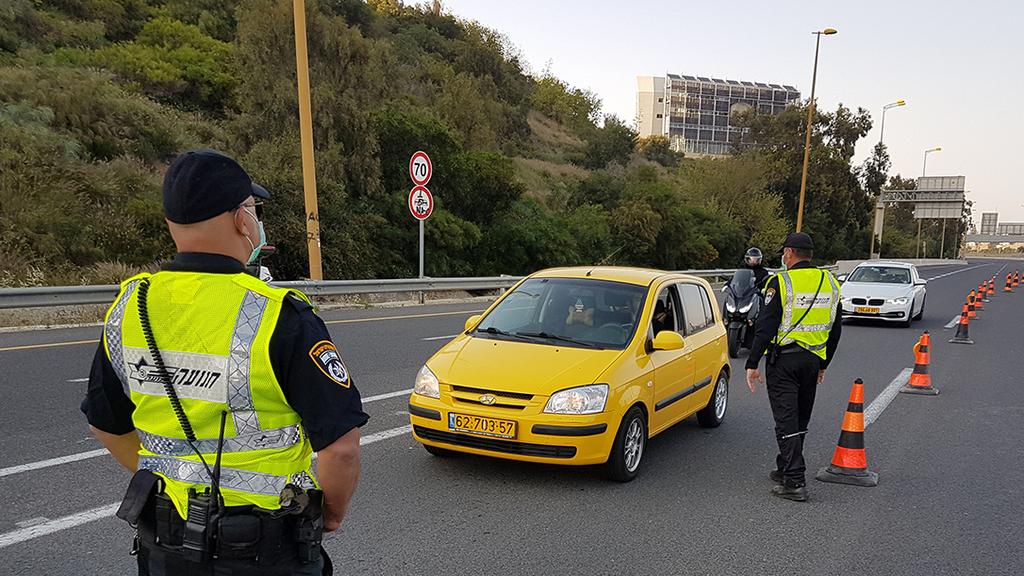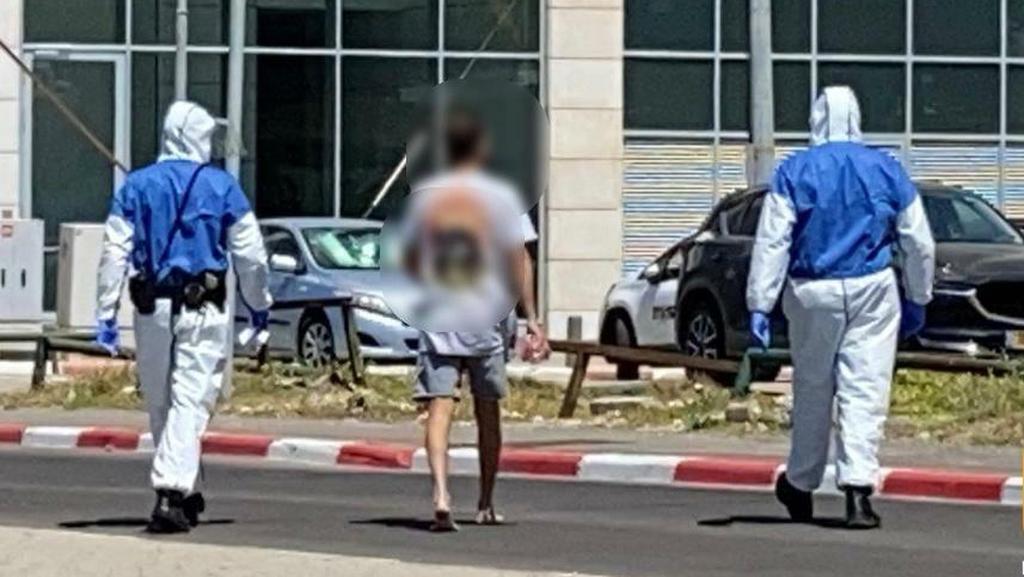Getting your Trinity Audio player ready...
The multitude of suggestions - sometimes contradictory - as to how and when time to ease up on the national coronavirus quarantine and embark on the road to normalcy can teach us two things.
The first is that there is no magic formula to determine the right time and the second is that the current situation cannot continue.
In other words, the fact that there is no one solution agreed upon by everyone does not mean an exit strategy is not imperative, as was the need to get the process underway.
Overall, seems that the Israeli people have adhered to the emergency regulations, even if in some places it was worryingly late.
Families were splintered but still marked the Passover Seder according to regulations - alone, in couples or with the core family only - and the same thing happened during the second part of the holiday and the ensuing Mimouna celebration.
Only the exceptions it seems were President Reuven Rivlin and Prime Minister Benjamin Netanyahu, who both celebrated with their families in a show of complete disregard for their own directives to the public.
This and the mental weariness of people in lockdown proved to be a destructive synergy that punctured a hole in the blockade against the virus.
What the prime minister and president did was not the kind of insignificant transgression smoothed over with an apology. What they did resonates with the sense of impatience felt by many; for if the most powerful of us have failed to follow the rules, what is stopping the rest of the population from doing the same?
3 View gallery


Prime Minister Benjamin Netanyahu's son Avner celebrated Seder Night with his parents in violation of regulations
(Photo: Keshet screenshot)
And now the decision-makers are making decisions about getting us out of the quarantine, while acknowledging that it will be a process of trial and error. This is the only way to solve the question of isolation effectively - trying different solutions until we get the best outcome.
This decision will avoid the obvious future chaos of people opting to spend their free time as they see fit. People will eventually decide to leave their house - if not tomorrow then the next day.
Two weeks from now, Israel will mark its Memorial Day (Yom HaZikaron), which to many is far more important than Passover. And this is directly followed by Independence Day (Yom Haatzmaut).
There has to be a synchronized, two-pronged approach. Firstly, there has to be an approximate timetable for the return of critical areas of life, such as the education system, followed by reopening of businesses and so on, all dependent on the impact on the rate of infection.
This directly corresponds to the second prong, which is no less important. There has to be transparency with all the data and its implications presented to the public. Anyone who wants to lock people back up in their homes for another stretch must explain exactly why.
3 View gallery


Police enforcing lockdown restrictions on intercity travel during the Passover holiday
(Photo: Haggai Dekel)
The blanket assertion that isolation is about saving lives works for a month, perhaps a little longer.
But it is no substitute for a comprehensive explanation that acknowledges that this is not an easy solution - especially as it comes at the expense of one million unemployed, economic paralysis, increased domestic violence and irreparable damage to some people's mental health.
This is the only option, in particular in light of the claim by many experts that isolation has reached a stage where it is doing more harm than good.
It is clear to everyone that unfortunately there is no perfect plan that meets every need, not in Israel or anywhere in the world. But a plan was what we needed, one that will slowly bring us back to our real lives.


